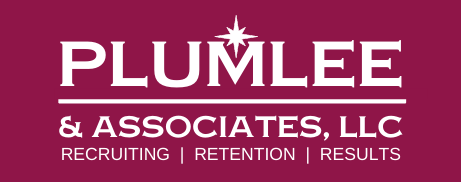Securing that initial interview starts with a best-in-class resume. Most hiring managers and recruiters will spend 30 seconds (or less) reviewing a resume before deciding whether or not to move forward with you as a candidate.
Simply stated, you must ensure your resume showcases your unique talents, professional skills, and work history. The right elements, properly presented, will catch the attention of those key personnel reading your resume.
Below you will find a total of 7 tips: four items to include and three things to avoid in order to give you (and your resume) the best chance to make it to the final rounds of consideration.
What to Keep
#1: High Impact Numbers
Companies hiring executive rely on numbers to justify their selection. Make this easier for them by quantifying your accomplishments with facts and figures to support your overall value. Black and white numbers make future salary negotiations easier as well!
Demonstrate an improvement from the past to the present. Earnings, percentage improvements, awards, and bottom-line savings are easily quantifiable. Don’t forget to include ways you have improved operations or increased top-line revenue.
#2: Customize It
Including a well thought-out cover letter shows that you have researched the position. This document should clearly demonstrate your capabilities and that you are ready today for everything required in the position.
A targeted resume greatly improves your chances in moving forward in the interview process. Remove unnecessary bullets or content that lacks correlation to this position. This will avoid overcrowding, while also providing “laser focus” around what you can bring to the opportunity.
#3: Include The Basics
Ensure all of your contact info is current. Though it’s easy to skip this step, always double-check this simple information. If you have a Linked In profile or professional websites, it would be wise to include these items as well.
#4: Make It Grammatically Correct
Your content must follow a logical flow. Also, avoid spelling, grammar, and punctuation mistakes. Include common keywords that correspond with the job and industry.
Professional writing skill is easy to spot in the initial stages of potential employment. Use spell check, have a mentor or trusted colleague review your documents. Finally, read everything one last time before submission, focusing on grammar and formatting.
Omit
#1: Unexplained Breaks in Employment
If there is an obvious period of unemployment, you need to provide a brief explanation i.e. went to college, stayed home with children, cared for an aging/ill loved one, etc.
#2: Professional References
In the past, references were a standard part of resumes. As hiring managers and recruiters now read through dozens of resumes a day, references are somewhat irrelevant. The hiring team will ask for these when appropriate, usually after two rounds of interviews or at the pre-offer stage.
#3: Buzzwords
Filler words are obvious and unnecessary. Keep your information relevant and precise. Avoid tired terms such as “go-getter” and “rockstar.”
In closing, the ultimate goal of your resume is to impress the hiring manager or executive recruiter enough that you become a clear choice for an interview and the winner of a competitive job offer. Next step? Getting the best possible compensation package with your next position.


